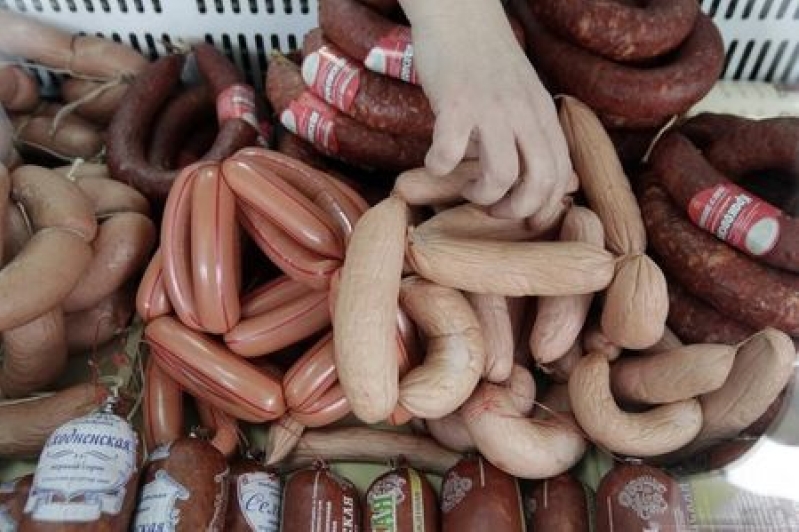
Eating processed meat can lead to bowel cancer in humans while red meat is a likely cause of the disease, World Health Organisation (WHO) experts said on Monday in findings that could sharpen debate over the merits of a meat-based diet.
The France-based International Agency for Research on Cancer (IARC), part of the WHO, put processed meat such as hot dogs and ham in its group 1 list, which already includes tobacco, asbestos and diesel fumes, for which there is "sufficient evidence" of cancer links.
"For an individual, the risk of developing colorectal (bowel) cancer because of their consumption of processed meat remains small, but this risk increases with the amount of meat consumed," Dr Kurt Straif of the IARC said in a statement.
Red meat, under which the IARC includes beef, lamb and pork, was classified as a "probable" carcinogen in its group 2A list that also contains glyphosate, the active ingredient in many weedkillers.
The lower classification for red meat reflected "limited evidence" that it causes cancer. The IARC found links mainly with bowel cancer, as was the case for processed meat, but it also observed associations with pancreatic and prostate cancer.
The agency, whose findings on meat followed a meeting of health experts in France earlier this month, estimated each 50 gram portion of processed meat eaten daily increases the risk of colorectal cancer by 18 percent.
The IARC, which was assessing meat for the first time and reviewed some 800 studies, does not compare the level of cancer risk associated with products in a given category, so does not suggest eating meat is as dangerous as smoking, for example.
Health policy in some countries already calls for consumers to limit intake of red and processed meat, but the IARC said such advice to consumers was in certain cases focused on heart disease and obesity.
The preparation of the IARC's report has already prompted vigorous reactions from meat industry groups, which argue meat forms part of a balanced diet and that cancer risk assessments need to be set in a broader context of environmental and lifestyle factors.
The IARC, which does not make specific policy recommendations, cited an estimate from the Global Burden of Disease Project - an international consortium of more than 1,000 researchers - that 34,000 cancer deaths per year worldwide are attributable to diets high in processed meat.
This compares with about 1 million cancer deaths per year globally due to tobacco smoking, 600,000 a year due to alcohol consumption, and more than 200,000 each year due to air pollution, it said.
If the cancer link with red meat were confirmed, diets rich in red meat could be responsible for 50,000 deaths a year worldwide, according to the Global Burden of Disease Project.
(Reporting by Gus Trompiz; Editing by Andrew Callus and Dale Hudson)






